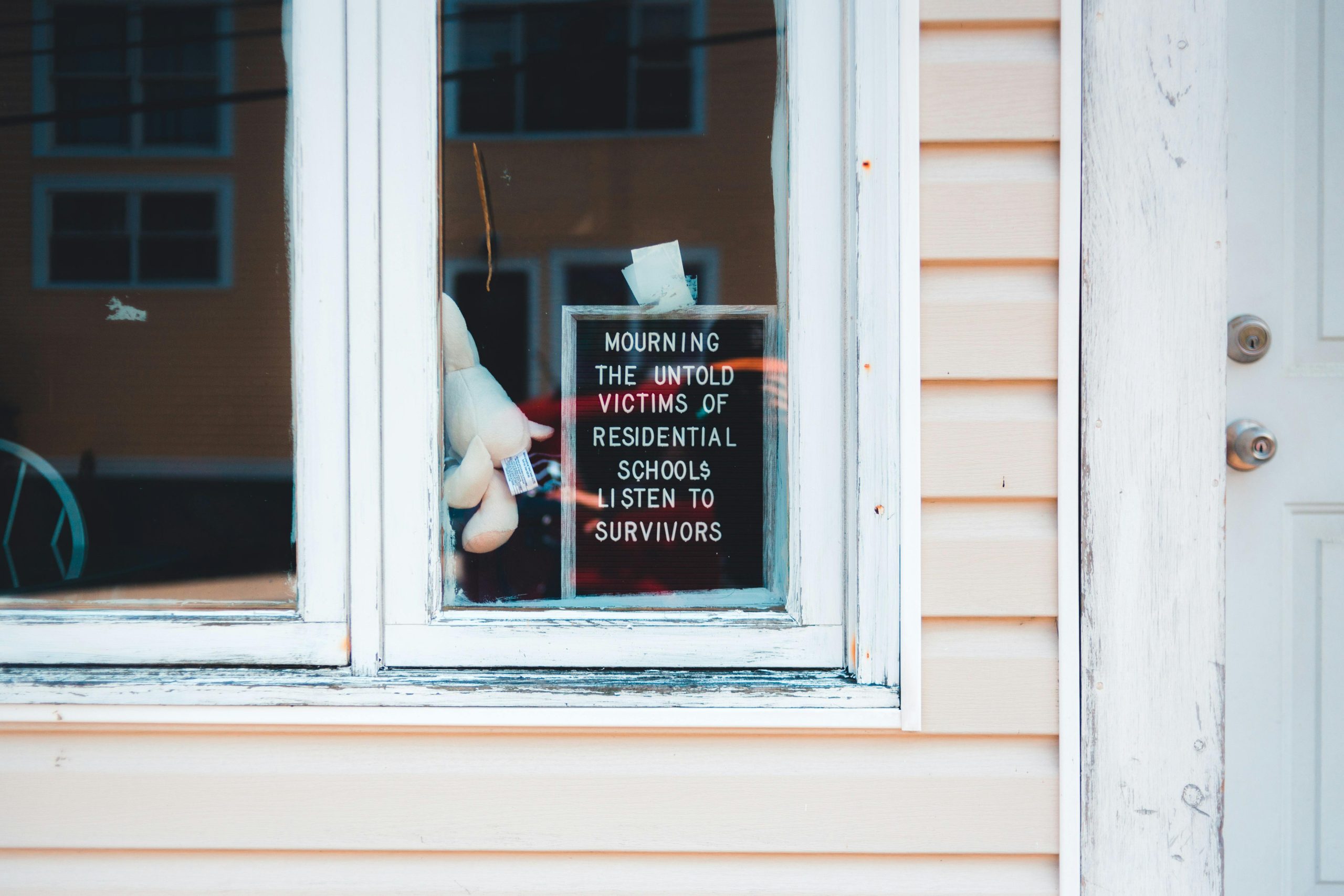ChatGPT isn’t safe for rape survivors or victims of harm
The Limitations of AI in Addressing Sexual Assault: Concerns for Survivors
In recent discussions surrounding artificial intelligence and its application in sensitive areas, many have raised important concerns about how AI tools like ChatGPT handle topics related to sexual assault and personal trauma. While AI has the potential to provide support and information, there are notable limitations that can impact survivors of harm, especially those whose experiences do not conform to strict legal definitions.
One critical issue is that ChatGPT tends to define and recognize sexual assault strictly within the boundaries of legal statutes. This means that experiences which do not meet specific legal criteria—such as non-physical forms of coercion, emotional manipulation, or other non-physical violations—may not be acknowledged by the AI as valid or real instances of harm. Survivors who have endured non-physical or non-legal forms of violation often report that AI responses diminish or invalidate their experiences, potentially leading to feelings of gaslighting or denial.
It is important to understand that trauma and harm can manifest in many forms beyond physical contact or legally recognized acts. Emotional abuse, coercion, harassment, and other non-physical violations are recognized by mental health professionals as serious issues deserving validation and support. However, current AI models like ChatGPT may lack the nuanced understanding necessary to fully acknowledge these experiences, which can be distressing and invalidating for survivors seeking assistance.
Experts and advocates emphasize that while AI tools can be valuable resources, they should not replace professional support or empathetic human interaction—particularly for survivors navigating complex emotional landscapes. It is vital for users to exercise caution and awareness of these limitations, especially when discussing sensitive topics related to trauma and abuse.
As conversations about AI and mental health continue to evolve, developers and policymakers are urged to improve these tools to better recognize and validate diverse experiences of harm. For survivors of sexual violence or any form of non-physical trauma, reaching out to trained professionals and support organizations remains the most appropriate course of action.
In summary, while AI technologies like ChatGPT offer exciting possibilities, their current capabilities may not be equipped to fully support or validate all experiences of harm, particularly those outside strict legal frameworks. Awareness of these limitations is essential to ensure survivors receive the understanding and support they need.














Post Comment